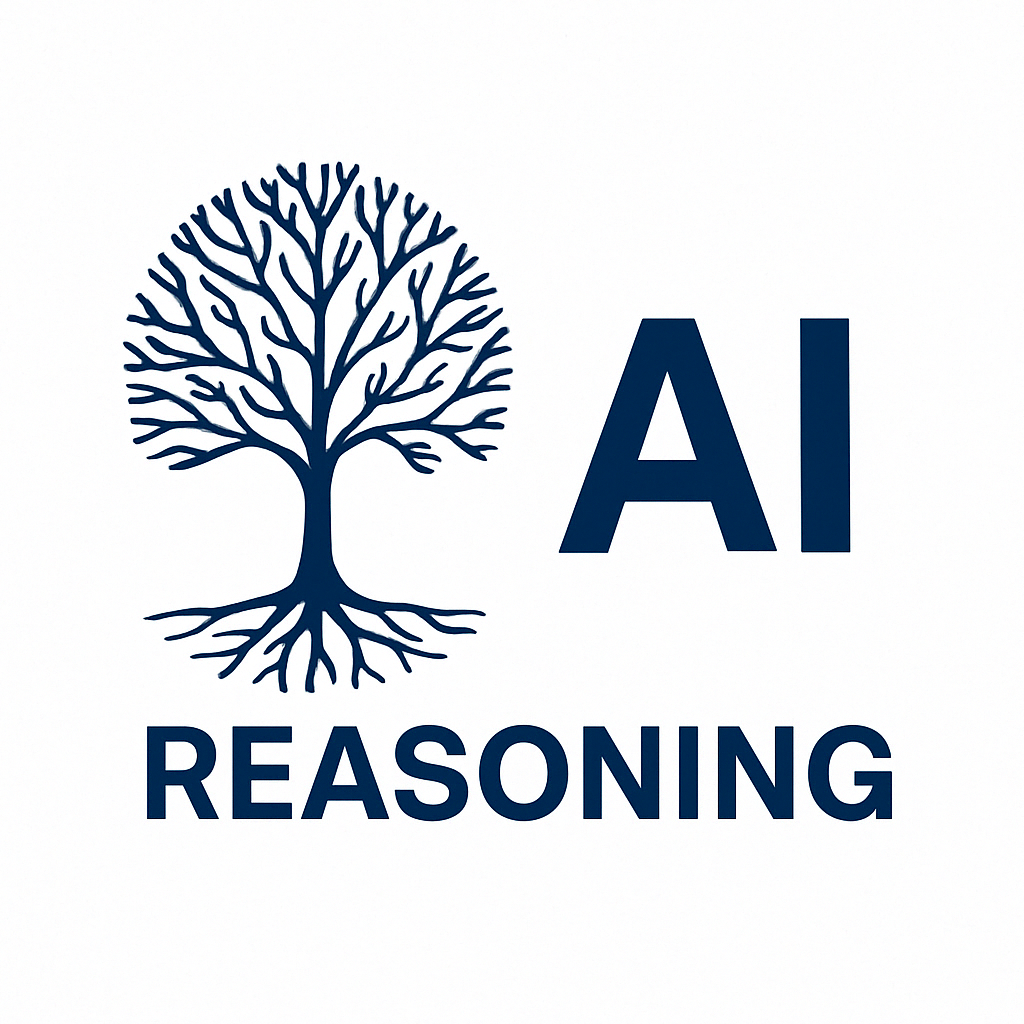 Interpretability in Data-Centric ML
Interpretability in Data-Centric ML
Q1: Why do we need interpretable machine learning? #
- For debugging and validation of models.
- To allow human review and oversight of decisions.
- To improve usability by aligning models with human intuition, past experience, and values.
Q2: When is interpretability particularly important? #
- When the problem formulation is incomplete.
- When the model’s predictions have associated risks.
- When humans are involved in the decision-making loop.
Q3: What are interpretable features? #
- Features that are most useful, understandable, and meaningful to the user.
Q4: How can interpretable features help performance? #
- Lead to more efficient training.
- Improve model generalization.
- Reduce vulnerability to adversarial examples.
- The perceived interpretability-performance tradeoff is mostly a myth.
Q5: What qualities make features interpretable? #
- Readability
- Understandability
- Relevance
- Abstraction when necessary
Q6: How do we get interpretable features? #
- Involving users directly in the feature design process.
- Using interpretable feature transformations.
- Generating new interpretable features through crowd-sourcing and algorithms.
Q7: What are examples of methods for interpretable feature creation? #
- Collaborative feature engineering with domain experts.
- Flock: clustering crowd-generated feature descriptions.
- Ballet: allowing feature engineering with simple feedback loops.
- Pyreal: structured feature transformations for explanations.
- Mind the Gap Model (MGM): groups features using AND/OR logical structures.
Q8: What was observed in the Child Welfare case study? #
- Confusing or irrelevant features can hinder usability and trust.
- Clear, meaningful features helped screeners better interpret model recommendations.
Q9: What is the role of explanation algorithms in interpretability? #
- They help diagnose flawed features or data by revealing what the model actually uses.
Q10: What are the final conclusions about interpretable features? #
- ML models are only as interpretable as their features.
- Interpretable features are central for transparent, human-centered ML.
- Effective feature engineering must involve human collaboration, thoughtful transformations, and systematic generation methods.
References #
- Sibyl: Challenges of ML in Child Welfare (Zytek et al., 2021)
- Stop Explaining Black-Box Models (Rudin, 2019)
- Adversarial Examples Are Not Bugs (Ilyas et al., 2019)
- Flock: Crowd-Machine Learning Classifiers (Cheng & Bernstein, 2015)
- Ballet: Collaborative Feature Engineering (Smith et al., 2021)
- Pyreal Project
- Mind the Gap Model (Kim et al., 2015)